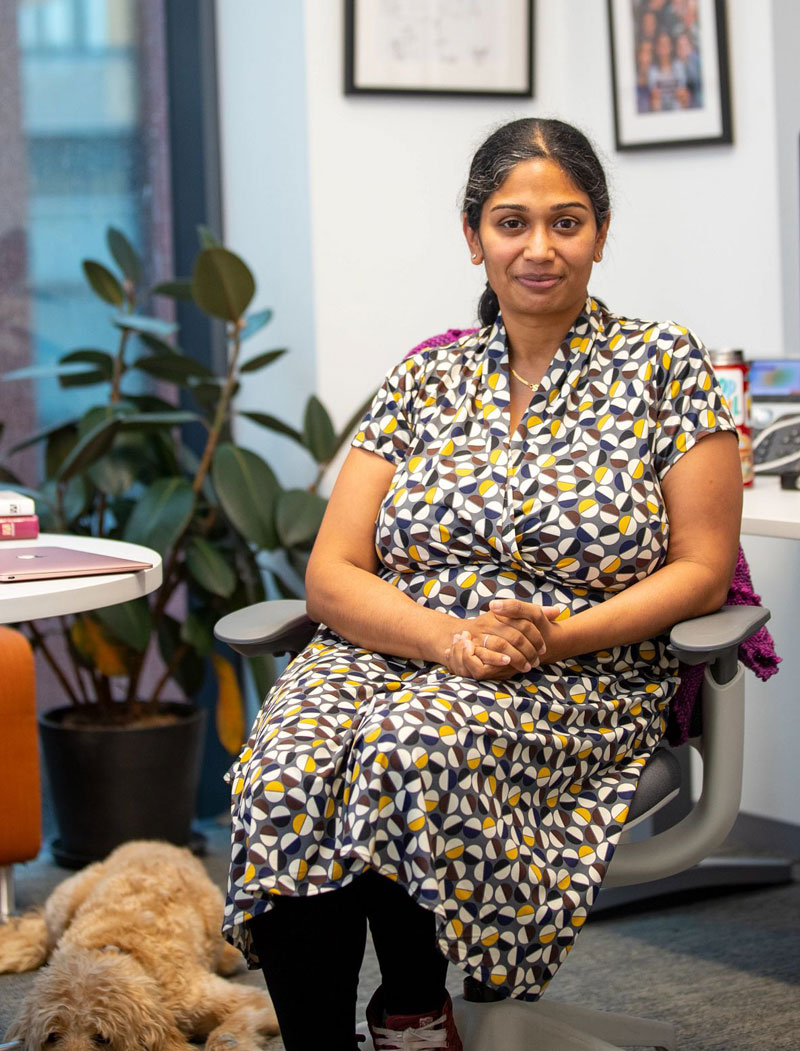Already, Brown stands at the leading edge of the data revolution. Computer scientists have made path-breaking advances in database management and machine learning, while biostatisticians have used data to improve lung cancer screening and move health care toward more precise, personalized care. The Data Science Initiative (DSI) connects data-centered approaches to questions in environmental science, engineering, physics, medicine and public health, public policy, the humanities and elsewhere.

One approach DSI has used to stimulate data-driven research is offering flexible seed funding to Brown faculty across campus to build new data-related collaborative research projects. Projects funded have ranged from research into how social media bots may influence online discussion about climate change to the use of data from wrist sensors to predict complications that may arise in patients after a stroke. In another project, a team led by engineering professor Ian Wong used a branch of mathematics called topology to analyze images of cell clusters and make key predictions about the cell types present. Such a system could one day help understand wound healing processes or better assess how aggressive a cancerous tumor may be.
These kinds of projects not only address critical real-world research questions, they also provide insight into how data science tools can be adapted to answer fundamental questions in a variety of fields of inquiry.
Along with catalyzing new research, the DSI and Department of Computer Science have partnered to launch an undergraduate certificate program in data fluency, designed to provide fundamental conceptual knowledge and technical skills to students with a range of intellectual backgrounds and concentrations. For a deeper dive into data, DSI offers a master’s program focusing on foundational mathematical and computational techniques, while enabling students to explore particular applications of their choice.
In 2019, the DSI launched the Data Science Fellows program led by Linda Clark, a lecturer in data science, and the Sheridan Center for Teaching and Learning. As part of a for-credit class, undergraduate students serve as consultants and collaborators with faculty members looking to add data science elements to their courses. Over the past two years, fellows have helped to reshape classes spanning neuroscience to environmental science to history.
